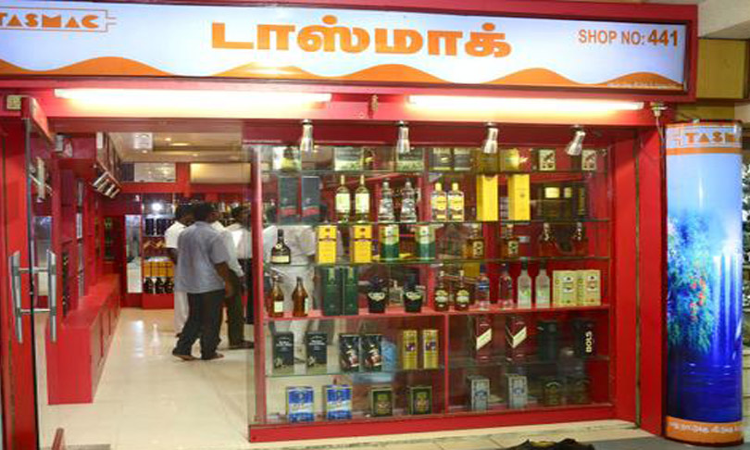Shut Down 'Bars' Attached To TASMAC Shops, Recall The Tender For Issuing Licenses: Madras High Court
Sebin James
4 Feb 2022 7:34 PM IST

Next Story
4 Feb 2022 7:34 PM IST
Madras High Court has recently held that Tamil Nadu State Marketing Corporation (TASMAC) cannot endorse the 'bars' attached to the TASMAC Shops by issuing licenses to a section of bidders.A single-judge bench of Justice C. Saravanan ruled that all the 'bars' attached to the respective TASMAC shops that currently enjoy a monopoly in the wholesale and retail sale of liquor should be shut...
